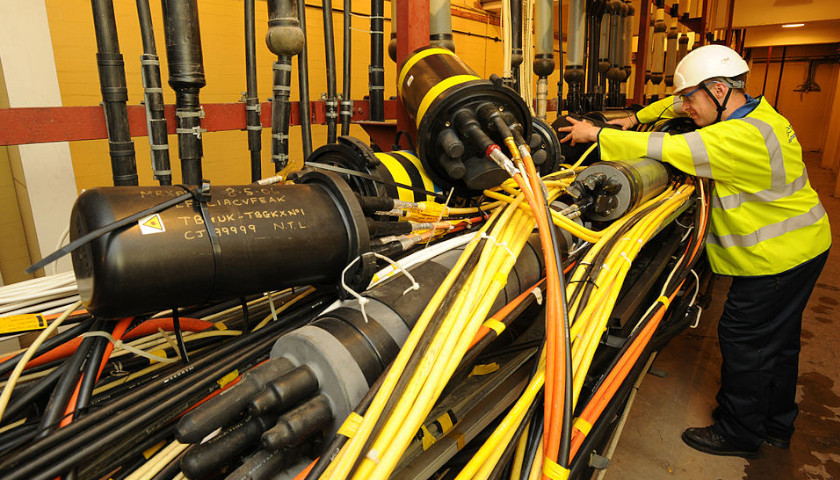by Debra Gleason
Most folks would agree that when it comes to your utility provider, the expectations are simple – a reliable service that provides clean water and functioning electricity. Focusing and delivering on these modest expectations should be the straightforward objective of any successful utility provider, which is why it’s so mind boggling to see that despite failing its customers on this front, Cleveland Utilities intends to move forward in its costly and risky pursuit to become a broadband internet provider.
In recent months, concerning reports have surfaced about foul-tasting and odorous water that has left residents appalled and skeptical of CU’s competence. As one customer put it, the water that’s being delivered to many of CU’s customers contains “a moldy smell like a dishrag that’s been sitting around too long.” While CU has claimed to investigate the matter and assured customers the water is safe to drink, many residents are left wondering: If Cleveland Utilities can’t manage to do the basic, how can they be trusted to successfully operate a broadband service that requires sophisticated infrastructure, technical expertise, and consistent management?
Unfortunately, it doesn’t seem that CU is attentive to the concerns or feedback of its customers, who have expressed anxieties not only about the steep $72 million price tag associated with the project, but also about the invasive “smart meter” technology which allows the government utility service to invade families’ privacy and control their thermostats without their consent. California has adopted similar technology and it’s led to notorious rolling blackouts. It’s hard not to question whether CU will make Cleveland even more like California by coming for our gas stoves next.
To make matters worse, it will be Cleveland taxpayers that pay the price if the broadband project that many of us expressed concerns about fails. Other Tennessee communities that have pursued similar projects have learned the hard way that they are very difficult to execute, and when they fail, as they often do, they can cause communities’ credit rating to dip and taxes to be raised to cover the cost.
All indications are that the CU plan is moving full steam ahead this October despite the writing on the wall. It’s difficult to understand why local leaders would take this financial risk – why should we expect CU to deliver broadband in an industry they have no experience in, when they’ve failed at delivering water in the utility industry they’ve functioned in for decades? For the sake of Cleveland taxpayers, we should change course before it is too late.
– – –
Debra Gleason is a Cleveland resident and a grassroots organizer of Advocates for Bradley County.



